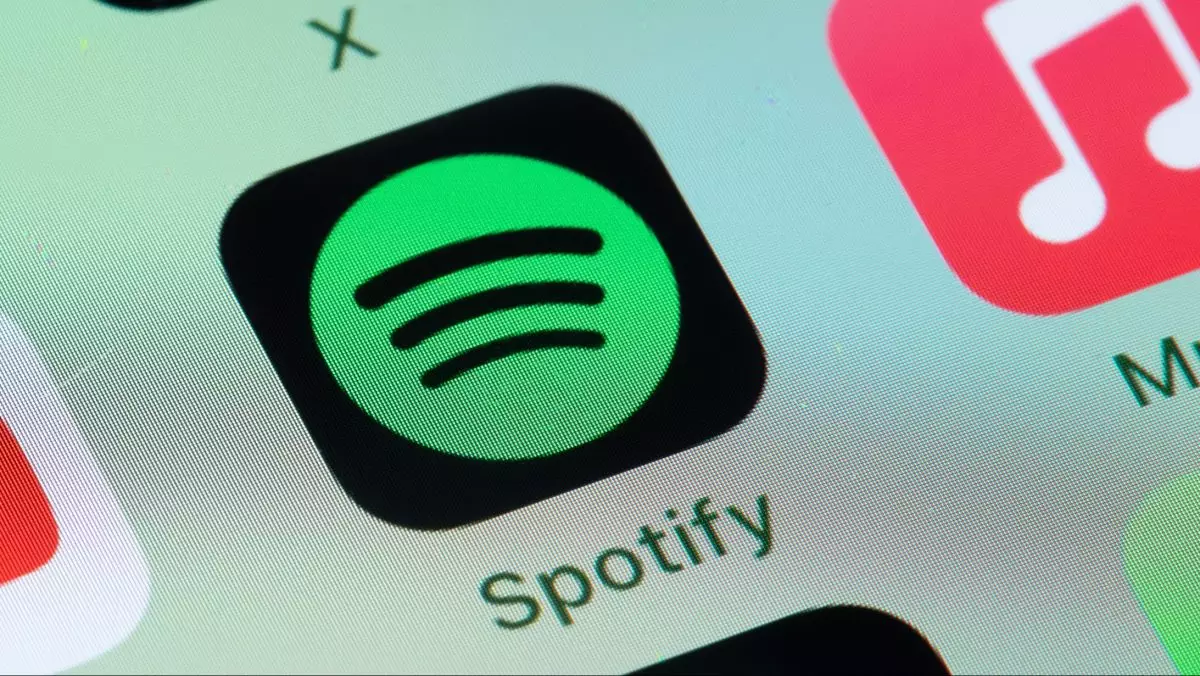In an unexpected announcement, Spotify has decided to restrict third-party developers’ access to essential features within its Web API. This decision raises questions about the company’s intentions regarding innovation, competition, and user data security. The implications of these changes are profound and have ignited debates within the developer community.
Spotify’s recent decision effectively limits developers’ abilities to access features such as artist and song recommendations, audio analysis, and specific audio characteristics of tracks. This move is particularly noteworthy because it appears to be a response to concerns over data security and the potential misuse of the platform’s API by third-party developers. In a world where data is currency, Spotify’s spokesperson emphasized that these changes are part of a larger initiative to combat the security challenges many companies are facing today.
The revocation of access to such critical features suggests a dual effect: On one hand, it aims to mitigate the risks associated with data scrapers and unauthorized data usage, but on the other, it inadvertently curbs legitimate innovation that could arise from these third-party applications. Developers who had been crafting tools—whether for AI recommendations or other functionalities—are now left in the lurch, unable to leverage the API features they previously relied upon.
The backlash from developers has been swift and vocal. Within the Spotify community forum, many expressed their frustration over the decision, arguing that the company’s narrative about security may not fully align with the reality of what this move entails. Several developers pointed out that the restrictions primarily target those who were utilizing the API for developing AI-driven services, suggesting that Spotify’s concerns may be more about competition than consumer protection.
A comment that resonated with many was from a developer who noted, “This isn’t about security or user privacy; it’s about controlling the use of data for competitive advantage.” This sentiment reflects a broader concern that established platforms often prioritize their interests over the needs of smaller developers who could contribute meaningfully to the ecosystem.
The long-term ramifications of Spotify’s actions extend beyond immediate developer frustration. By stifling access to significant features, Spotify inadvertently limits the potential for innovation that can emerge from the vibrant community of third-party developers. Many of these developers bring specialized skills and unique perspectives that can enhance the user experience and broaden the platform’s functionality.
Moreover, as Spotify has been investing heavily in AI technologies, this move could be seen as an effort to consolidate its competitive edge in the music streaming market. With AI-driven products such as personalized playlists and AI DJs, Spotify is clearly positioning itself as a leader in using technology to shape music consumption. However, if such innovations remain solely within the confines of Spotify’s ecosystem, it raises concerns about diversity in the music tech landscape and whether the platform will stagnate in a bubble of its own making.
Moving forward, it will be critical for Spotify to strike a balance between protecting its intellectual property and fostering an open environment for innovation. Restrictive API policies could alienate the developer community, ultimately dampening creativity and the collaborative spirit that can benefit both developers and Spotify.
Although Spotify has stated that developers who had previously applied for extensions would maintain their access, the broader implications for the developer ecosystem are concerning. If developers feel stifled or marginalized, they may seek alternatives outside of Spotify’s domain, potentially leading to a fractured ecosystem that limits shared growth and innovation.
Spotify’s decision to restrict access to its Web API is more than just a security measure; it’s a pivotal moment that could shape the future of the platform and its relationship with the developer community. While the company may be acting in the interest of data security, the collateral damage inflicted on innovation and competition cannot be ignored. The challenge now lies in how Spotify navigates this landscape moving forward—whether it will embrace collaboration with third-party developers or cement its position as an isolated powerhouse in the music streaming industry. The outcome of this dilemma will undoubtedly affect the platform’s trajectory in a rapidly evolving digital landscape.

